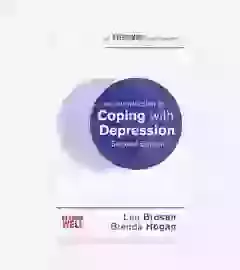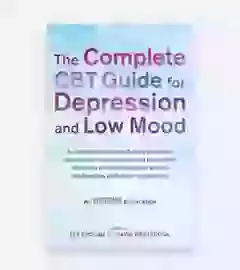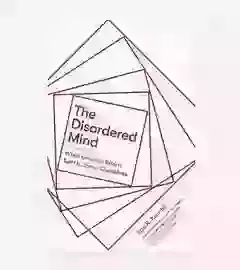How Can I Help Myself?
People with the more severe forms of depression, the psychoses and bipolar disorder, for example, need urgent professional help. If you suspect that this could be you, see your GP as soon as possible. However, most forms of depression respond very well to simple forms of treatment, often on a self-help basis.
The traditional way to treat mild and moderate depression has been to prescribe drugs of one sort or another. These often work, at least in the short term. However, drugs do nothing to address the underlying causes of depression, so once the course of treatment is over the depression all too often comes back. In the last twenty years or so doctors have discovered that one of the most successful ways to treat depression is to help the sufferer to change the way they feel about things – in effect, to see their situation in a more favourable light; in a way that is kinder and less self-critical. Depression, after all, is often a reaction to feeling uncared for in one way or another, and this feeling often is transferred to the way sufferers feel about themselves. Helping people to make this change is known as cognitive therapy, and it goes hand in hand with behavioural therapy – changing our reaction to situations; together, the two are known as cognitive behavioural therapy (CBT).
There are several ways to apply CBT or related therapies to depression. Some of them involve counselling, in which the patient is helped by a therapist to try to identify the causes of their depression, see them in a different light, and thus dispose of them. Sometimes just listening to someone who understands what you feel is all it takes.
An approach similar to that of CBT, and developed from it, is Behavioural Activation. This effective new technique is ideally suited to self-help. By analysing, challenging and changing behaviours such as avoidance, ruminating and excessive worrying, the sufferer can gradually reinforce their positive experiences and decrease the behaviour which reinforces their depression.




































